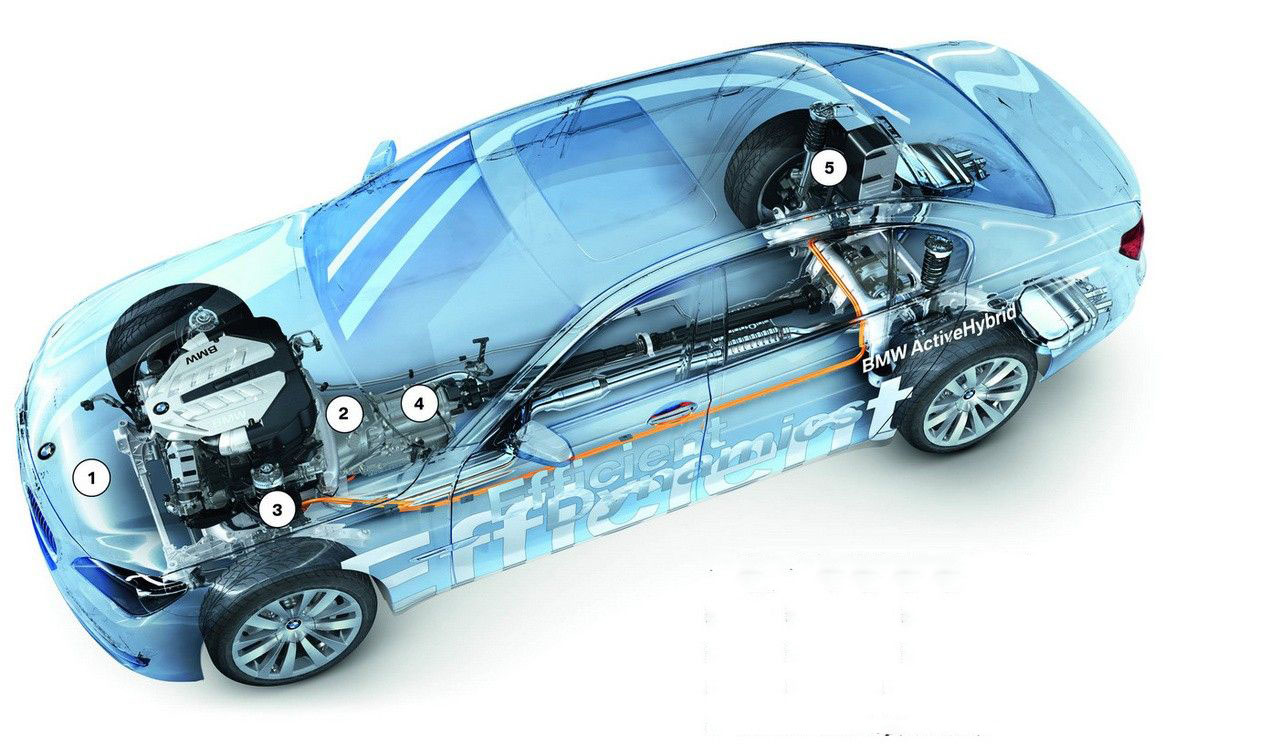Toyota Int’l realizes its Hybrid technology to become obsolete: PEVPMTA
3 min read
KARACHI: Toyota International Motors made mistake by protecting hybrid vehicles and its technology will be obsolete in coming years therefore they have now decided to offer free access to its hybrid-vehicle patents through 2030, says PEVPMTA Secretary Shaukat Qureshi.
Pakistan Electric Vehicles Manufacturers & Parts and Traders Association (PEVPMTA) which has recently been formed to push the case of eco-friendly electric vehicles in the country.
According to a study by conducted by Ministry of Climate Change, if targets of electrification of vehicles are attained then Pakistan would also be reducing its oil import bills by $2 billion alleviating the country’s ever increasing current account deficits while reducing contribution of carbon emissions from vehicles, which stands at above 40 per cent Pakistan.
According to a news published by Reuters Japan, Japan’s Toyota Motor Corp will offer free access to its hybrid-vehicle patents through 2030, seeking to expand use of the lower-emission technology even as the global industry shifts toward fully electric cars.
Toyota vehicles accounted for more than 80 per cent of global Hybrid vehicle market but has failed to attract other auto makers to adopt hybrid technology, as a result the global automakers have pledged to electrify their offerings as a growing number of countries slash vehicles emission as much as half by 2030.
Meanwhile, the cost of EV will be go down as well with the Hi-Tech advantages and technological developments in the battery segments as well.
“Realizing the fact of acceptance and rapid demand of pure electric vehicles around the globe, Toyota has resolved that hybrid was a half bake technology, which is fading with the Sunami of EV Technology,” Qureshi said.
To stay in the long-run in the auto industry, Toyota International has joined hands with the world’s largest electric vehicle manufacturer BYD of China.
“The joint venture for producing electric vehicles was signed in November earlier this year while the models would be available for the commercial market by 2024. One can say that this is the biggest JV in the auto sector, where giants of two technologies have now joined hands under the belief that EV is the future of the auto industry of the world,” Qureshi added.
Meanwhile, the pledge by one of the world’s biggest automakers to share its closely guarded patents, the second time it has opened up a technology, is aimed at driving industry uptake of hybrids and fending off the challenge of all-battery electric vehicles (EVs).
Toyota said it would grant licenses on nearly 24,000 patents on technologies used in its Prius (Hybrid), the world’s first mass-produced ‘green’ car, and offer to supply competitors with components including motors, power converters and batteries used in its lower-emissions vehicles.
“We want to look beyond producing finished vehicles,” Toyota Executive Vice President Shigeki Terashi told reporters.
“We want to contribute to an increase in take up (of electric cars) by offering not just our technology but our existing parts and systems to other vehicle makers.”
The Nikkei Asian Review first reported Toyota’s plans to give royalty-free access to hybrid-vehicle patents. Terashi said that the access excluded patents on its lithium-ion battery technology.
Toyota’s move to unlock its patents underlines its belief that hybrids are an effective alternative to all-battery EVs, given a fuel efficiency roughly double that of gasoline cars, lower cost and that they do not need charging infrastructure.
“Toyota has realized that they made a mistake by protecting their hybrid technology for years. This prevented diffusion” said Janet Lewis, head of Asia transportation research at Macquarie Securities.
“Toyota on its own can’t get key technology accepted, but if other companies use it, that offers the best chance of expansion,” she added.
Shaukat Qureshi said that while he welcomes the joint venture between Toyota and BYD to produce electric vehicles, but opening up patents for free for its Hybrid technology is a certain sign that the technology doesn’t has a bright future as EVs now have a promising future.
He also added that it was only a myth that battery of EVs are very expensive.
“As soon as the government issues SROs, people will be buying EVs priced lesser than their fossil fuel (FFV) equivalents,” he said.

